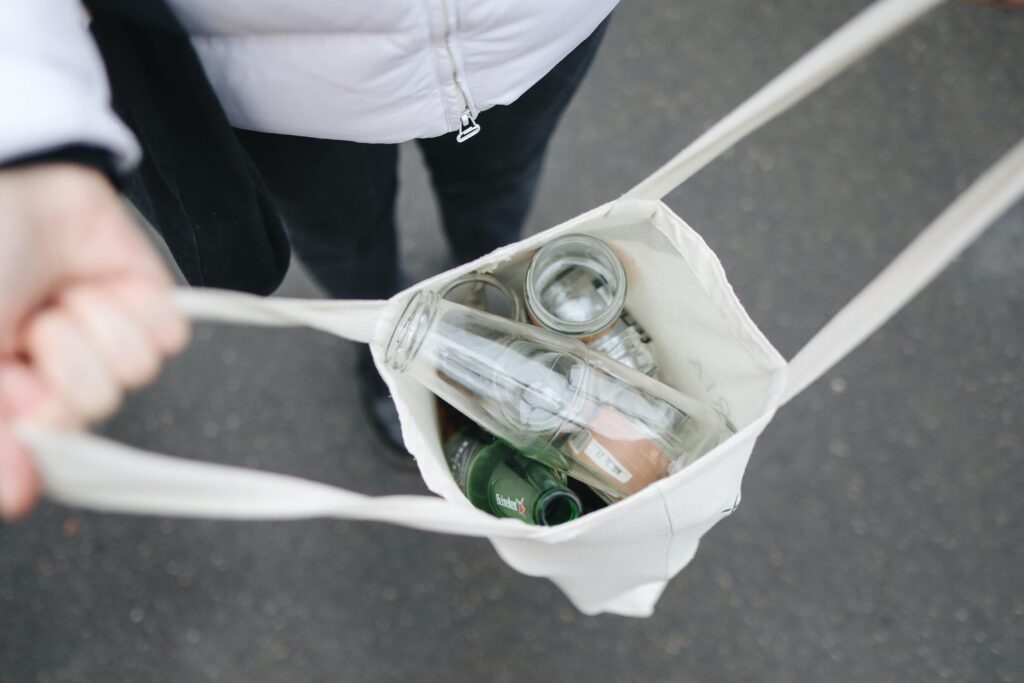
In recent years, businesses across various industries have been making commendable strides towards sustainability and environmental responsibility. One such initiative gaining popularity is the shift towards eco-friendly packaging solutions. Boxed water, as seen in the article from Boxed Water is Better, is an excellent example of an alternative packaging option that reduces plastic waste. However, in the quest for a greener future, it is essential to explore a range of sustainable alternatives beyond boxed water. This blog post will delve into various eco-conscious alternatives that businesses can adopt, promoting a more sustainable and responsible approach to packaging and overall operations.
Compostable Packaging:
Compostable packaging is a growing trend that has the potential to revolutionize the way products are packaged and distributed. Made from renewable resources like cornstarch, sugarcane, or plant fibers, compostable materials break down naturally and contribute to nutrient-rich soil. Utilizing compostable packaging not only reduces waste in landfills but also helps businesses minimize their carbon footprint.
Aluminum Bottles and Cans:
Aluminum is one of the most easily recyclable materials, making it an excellent alternative to single-use plastic bottles and cups. Unlike plastic, which can take hundreds of years to decompose, aluminum can be recycled infinitely without losing its integrity. Additionally, aluminum bottles and cans have a lower weight than their plastic counterparts, reducing transportation emissions.
Edible Packaging:
Edible packaging is an innovative solution that merges sustainability with convenience. Made from natural ingredients like seaweed, rice, or potato starch, edible packaging is entirely safe to consume and biodegrades effortlessly. Businesses can use edible wrappers for products like snacks, condiments, or single-serve items, promoting a zero-waste approach to packaging.
Glass Containers:
Glass containers have long been a staple in the sustainable packaging realm. They are non-toxic, 100% recyclable, and do not release harmful chemicals into the environment. Moreover, glass containers offer an elegant and premium presentation, making them an attractive choice for various products, from beverages to cosmetics.
Refill Stations:
Encouraging customers to bring their own reusable containers and offering refill stations is an innovative way for businesses to minimize single-use packaging. Refill stations can be set up for a range of products such as cleaning supplies, personal care items, or food items like grains and cereals. This approach not only reduces waste but also fosters a sense of community and responsibility among customers.
Plant-Based Plastics:
Plant-based plastics, or bioplastics, are derived from renewable plant sources like corn, sugarcane, or cassava. Unlike traditional petroleum-based plastics, bioplastics break down more quickly and have a lower carbon footprint. Integrating plant-based plastics into packaging helps reduce the demand for fossil fuels and contributes to a circular economy.
As businesses continue to evolve and adapt to the demands of an environmentally conscious consumer base, sustainable packaging solutions have become a pivotal factor in establishing a responsible and ethical brand image. While boxed water has paved the way for eco-friendly alternatives, it is essential for businesses to explore a diverse range of sustainable options. From compostable materials to plant-based plastics and edible packaging, the choices available today provide ample opportunities to reduce waste and minimize the environmental impact.
By embracing these sustainable alternatives, businesses can not only align themselves with the global effort to combat climate change but also set a positive example for others in their industry. It is through collective efforts and innovative solutions that we can build a greener, more sustainable future for generations to come.

